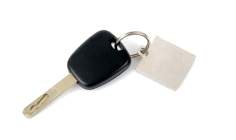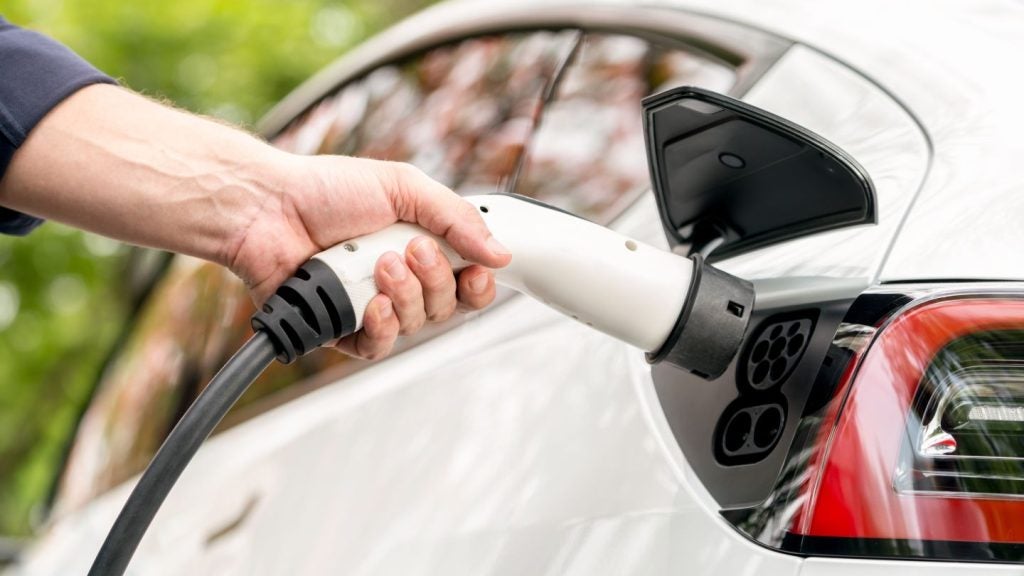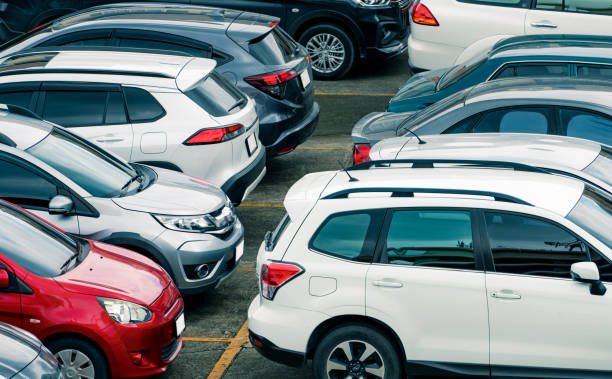
Just under half of UK consumers are looking to buy a new or used car over the next 24 months, trailing the global average, according to a survey by data provider Nielsen.
The survey, conducted between August and September 2013, interviewed 30,000 online shoppers globally as a part of the Nielsen Survey of Global Automotive Demand. It found that 45% of those in the UK were planning a vehicle purchase. Globally, however, 65% were in a similar position.
The figure shows that, while the UK car industry is showing strong signs of a recovery, the country trails others in terms of demand by nearly as much as 40%. By comparison 83% of Chinese respondents, 82% of Brazilian and 81% of Indonesians expected to buy a car over the same time period.
The survey also looked at what was driving people to buy and found 92% of first time buyers in the UK were driven to buy by being able to afford a vehicle, with 81% of those who already owned a vehicle citing this as a reason to upgrade.
Among existing owners a higher proportion (83%) were interested in purchasing a new car due to a love of driving.
Just over half of respondents who did not own a car said that they didn’t want one as they believed they couldn’t afford it. A higher number (61%) simply believed that a car was "more hassle than it was worth", according to the survey.
How well do you really know your competitors?
Access the most comprehensive Company Profiles on the market, powered by GlobalData. Save hours of research. Gain competitive edge.

Thank you!
Your download email will arrive shortly
Not ready to buy yet? Download a free sample
We are confident about the unique quality of our Company Profiles. However, we want you to make the most beneficial decision for your business, so we offer a free sample that you can download by submitting the below form
By GlobalDataIn a separate survey by Nielsen on consumer behaviour, 30% of respondents said online advertising was helpful in a car purchase decision, ahead of television (24%) and magazines (17%).
Manufacturer’s sites in particular were found to be the most useful in the decision process with 65% of respondents finding them the most informative.







